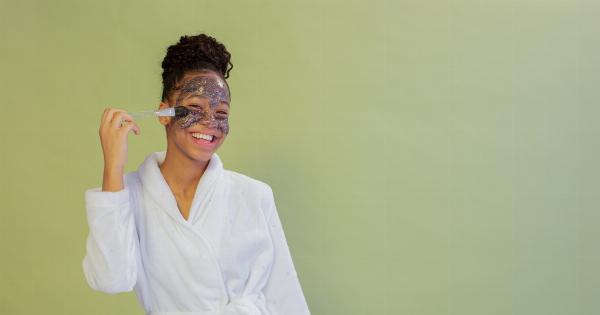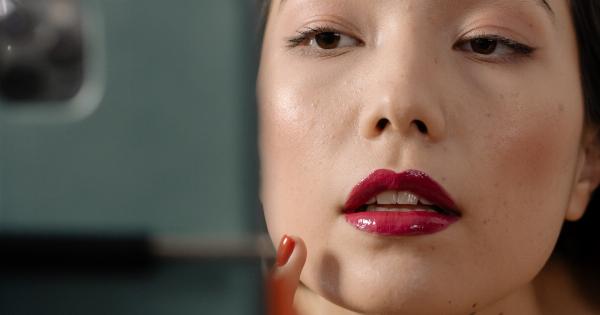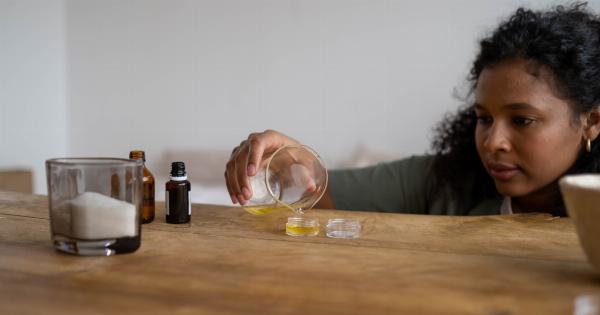Chapped lips are a common problem that everyone experiences from time to time. Dry, cracked, and sore lips can be caused by a variety of factors such as cold weather, dehydration, excessive licking of the lips, and certain medications.
While chapped lips may not seem like a big deal, they can be extremely uncomfortable and even painful if left untreated. In this ultimate guide, we will provide you with tips and tricks to heal your chapped lips and prevent them from coming back.
Understanding Chapped Lips
Chapped lips occur when the skin on your lips becomes dry and cracked. The skin on the lips is delicate and lacks oil glands, making it more vulnerable to dryness than other parts of the body.
Common symptoms of chapped lips include dryness, cracking, flaking, soreness, and bleeding. If left untreated, chapped lips can worsen and lead to more severe conditions such as angular cheilitis, a bacterial or fungal infection that causes cracking and redness at the corners of the mouth.
Causes of Chapped Lips
There are several factors that can contribute to chapped lips. The most common causes include:.
Cold Weather
Cold weather can cause dryness and chapping by stripping the skin of its natural oils.
Dehydration
Dehydration can cause the skin to lose moisture, leading to dryness and chapping.
Excessive Licking or Biting of the Lips
Licking or biting your lips can remove the protective layer of skin, leading to dryness and irritation.
Sun Exposure
Sun exposure can dry out the lips and cause them to become chapped.
Allergic Reactions
Allergic reactions to certain foods or lip products can cause chapped lips.
Medications
Certain medications, such as acne treatments or cholesterol-lowering drugs, can cause dryness and chapping of the lips as a side effect.
Treatments for Chapped Lips
There are several treatments available to heal chapped lips and prevent them from coming back. These include:.
Moisturize Your Lips
Applying a lip balm or petroleum jelly to your lips can help to seal in moisture and prevent dehydration.
Look for products that contain ingredients such as beeswax, shea butter, or coconut oil, which can provide additional hydration and protection for your lips.
Drink Plenty of Water
Dehydration is a leading cause of chapped lips, so it’s important to drink plenty of water throughout the day to keep your skin and lips hydrated.
Avoid Licking or Biting Your Lips
Licking or biting your lips can remove the protective layer of skin and worsen chapping. Instead, try using a lip balm or moisturizer to keep your lips hydrated and protected.
Use Sunscreen
Applying a lip balm or sunscreen with an SPF of at least 15 can help to protect your lips from sun damage and prevent chapping.
Avoid Allergens
If you have allergies that cause chapped lips, try to avoid the allergen or use an antihistamine to reduce symptoms.
Avoid Dry Air
Dry air can cause chapping, so try to avoid spending time in environments with low humidity. If you live in a dry climate, consider using a humidifier to add moisture to the air.
Be Careful with Medications
If you are taking medications that cause dryness or chapping of the lips, talk to your doctor about alternative treatments or ways to manage symptoms.
The Bottom Line
Chapped lips can be uncomfortable and even painful, but they can be easily treated and prevented with proper care.
By moisturizing your lips, staying hydrated, avoiding irritants, and protecting your lips from the sun, you can keep your lips healthy and supple all year round.






























